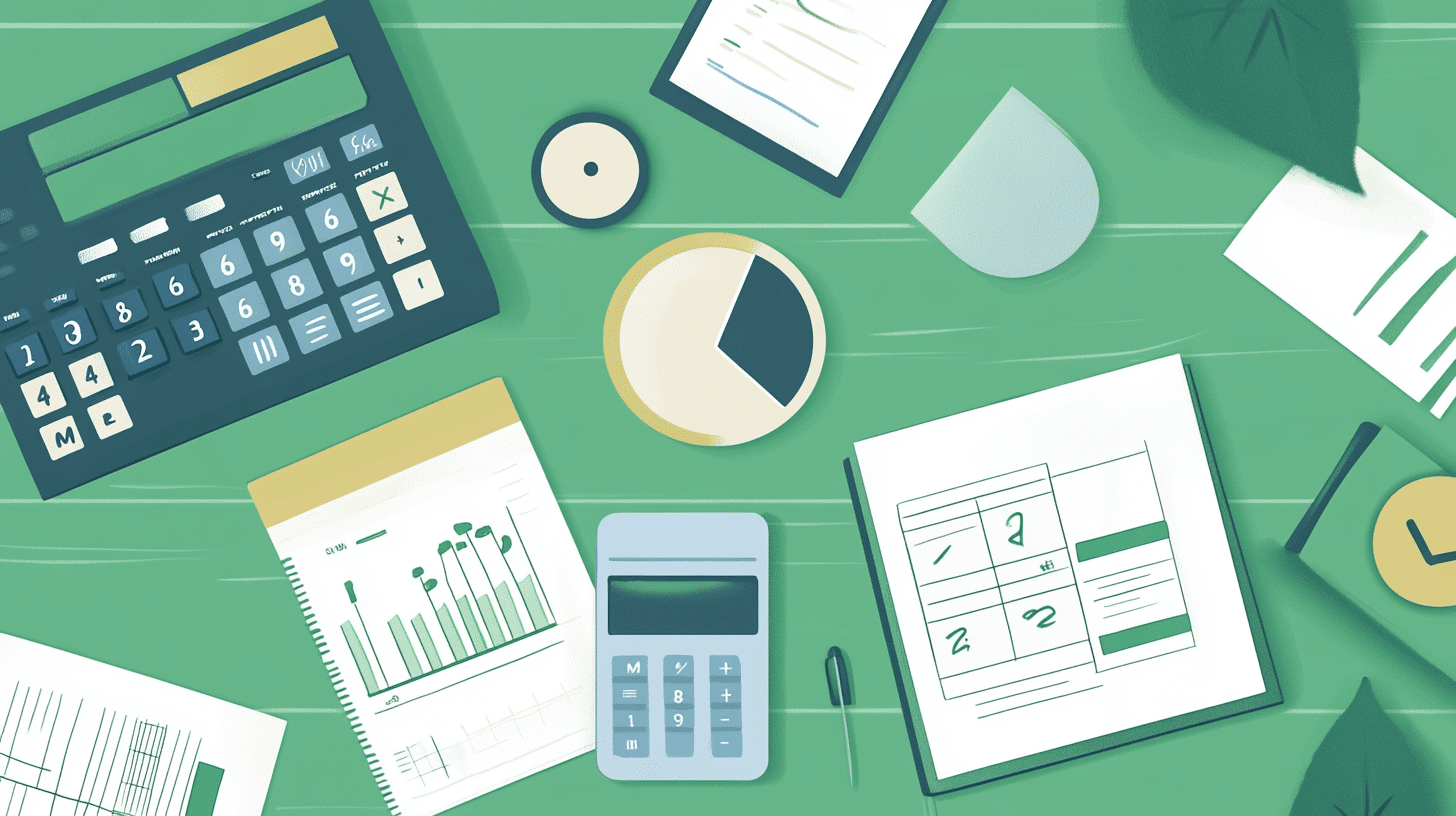Managing your personal finances can seem like a daunting task, but with a well-structured personal budget, you can achieve your financial goals and live a more peaceful life. This post will guide you on how to build an effective budget that meets your needs and goals.
Understanding the importance of budgeting
Before we talk about how to create a budget, let’s understand why it’s so important. A budget allows you to have a clear view of your income and expenses, helping you make informed decisions about how to spend or save. In addition, an effective budget can:
Help control spending
: By knowing your expenses, you can identify areas where you can save. 2. Provide financial security: With a budget, it’s easier to plan for the future and avoid financial surprises. 3. Make it easier to achieve financial goals: Whether it’s buying a home, traveling, or saving for retirement, a budget helps you stay focused on your goals.
Step 1: Assess your current financial situation
The first step in creating a budget is to assess your current financial situation. Make a list of all your monthly income, including salary, investment income, and any other sources of income. This will give you a clear picture of what you have available to work with.
Next, list all your monthly expenses. It is helpful to categorize these expenses into: – Fixed expenses: such as rent, utility bills, loans, etc. – Variable expenses: such as food, entertainment, transportation, etc. – Non-recurring expenses: such as insurance or taxes that do not occur every month.
Step 2: Define your financial priorities
Once you have a clear picture of your financial situation, it’s time to set your priorities. What’s most important to you? Being debt-free? Saving for a home? Funding your children’s education? Identifying your priorities will help you allocate resources appropriately.
Step 3: Create your budget
Now that you have a clear understanding of your income and expenses, it’s time to put it all into a budget. A classic budgeting framework is the ‘50/30/20 Rule’: – 50% for needs: Include all essential expenses such as housing, food and transportation. – 30% for wishes: Set aside some space for spending on entertainment, hobbies and leisure. – 20% for savings and debt repayment: Use this percentage for savings and paying off any debt.
However, you can adapt this rule to suit your financial reality. The key is to make your budget reflect your goals and needs.
Step 4: Use control tools
There are several tools that can help you keep your budget in order. Here are some options: – Spreadsheets: Using a spreadsheet in Excel or Google Sheets can make it easier to track income and expenses. – Finance apps: There are several apps, such as Mint or YNAB (You Need A Budget), that allow you to automatically and conveniently control your budget. – Notebooks: If you prefer more traditional methods, having a notebook for financial notes can be a good option.
Step 5: Review and adjust your budget regularly
A budget shouldn’t be static. It’s important to review it regularly, ideally monthly, to ensure it continues to meet your needs. If you notice that you’re spending more in one category, adjust your spending in other areas.
Additional Tips for Sticking to Your Budget
1. Be realistic: Don't set unrealistic goals that can lead to frustration. Set goals that are achievable. 2. Set aside an emergency fund: Having a contingency fund can prevent you from falling into unexpected debt. 3. Educate yourself: Learning about personal finance can help you make more informed decisions. Consider reading books or taking courses on the subject. 4. Be patient: Building a new financial mindset takes time. Be patient with yourself and make adjustments as needed.
Conclusion
Creating a solid and effective personal budget is a crucial step toward financial success. By following these steps, you’ll not only gain better control over your finances, but you’ll also be better equipped to achieve your financial dreams. If you don’t already have a budget, now’s the time to start! Remember, the key to an effective budget is sticking to your financial goals.
Call to action
: What are you waiting for to start controlling your finances? Start planning your budget today and see how your financial life can improve. Share your experiences in the comments or explore more about financial education on our blog!



